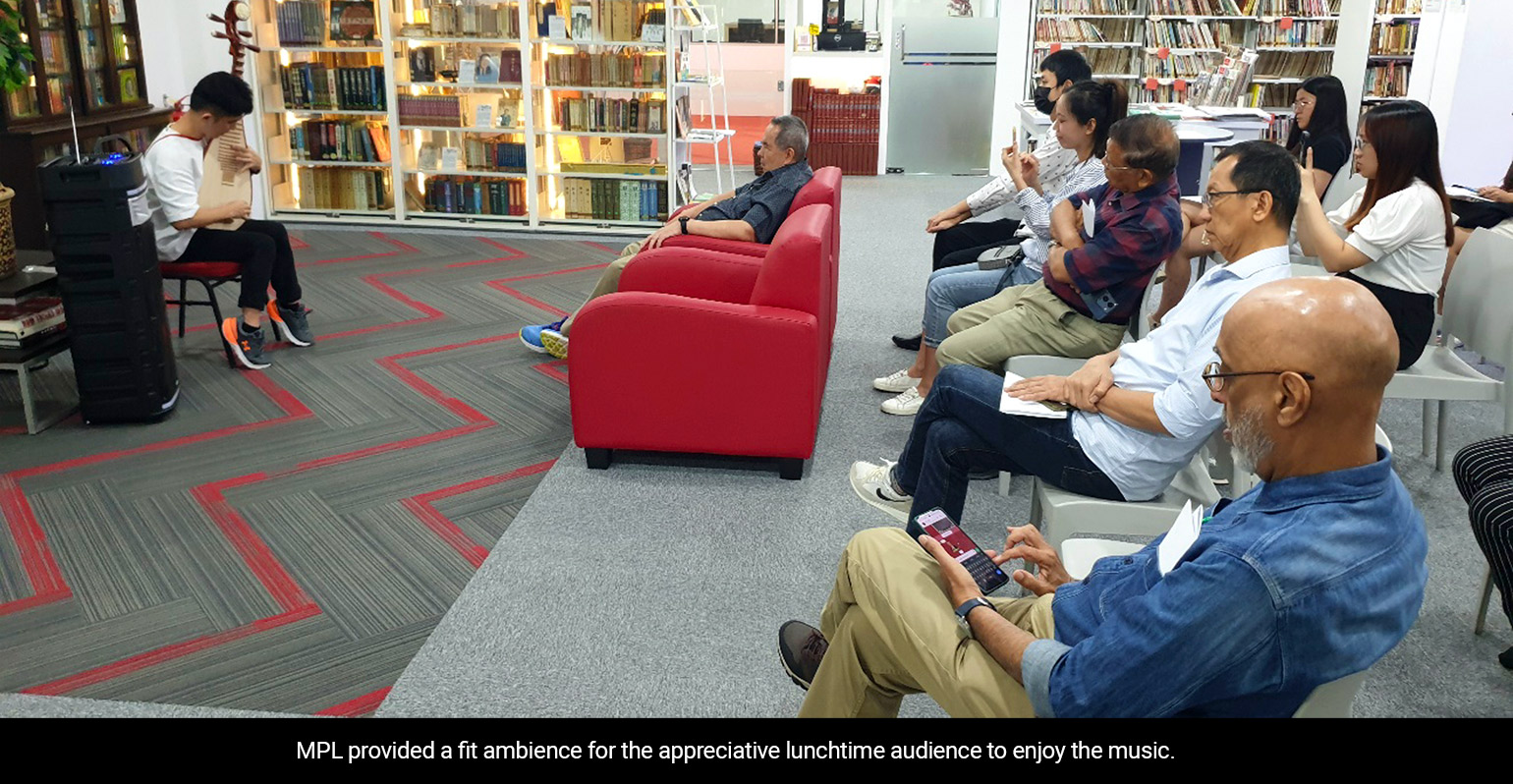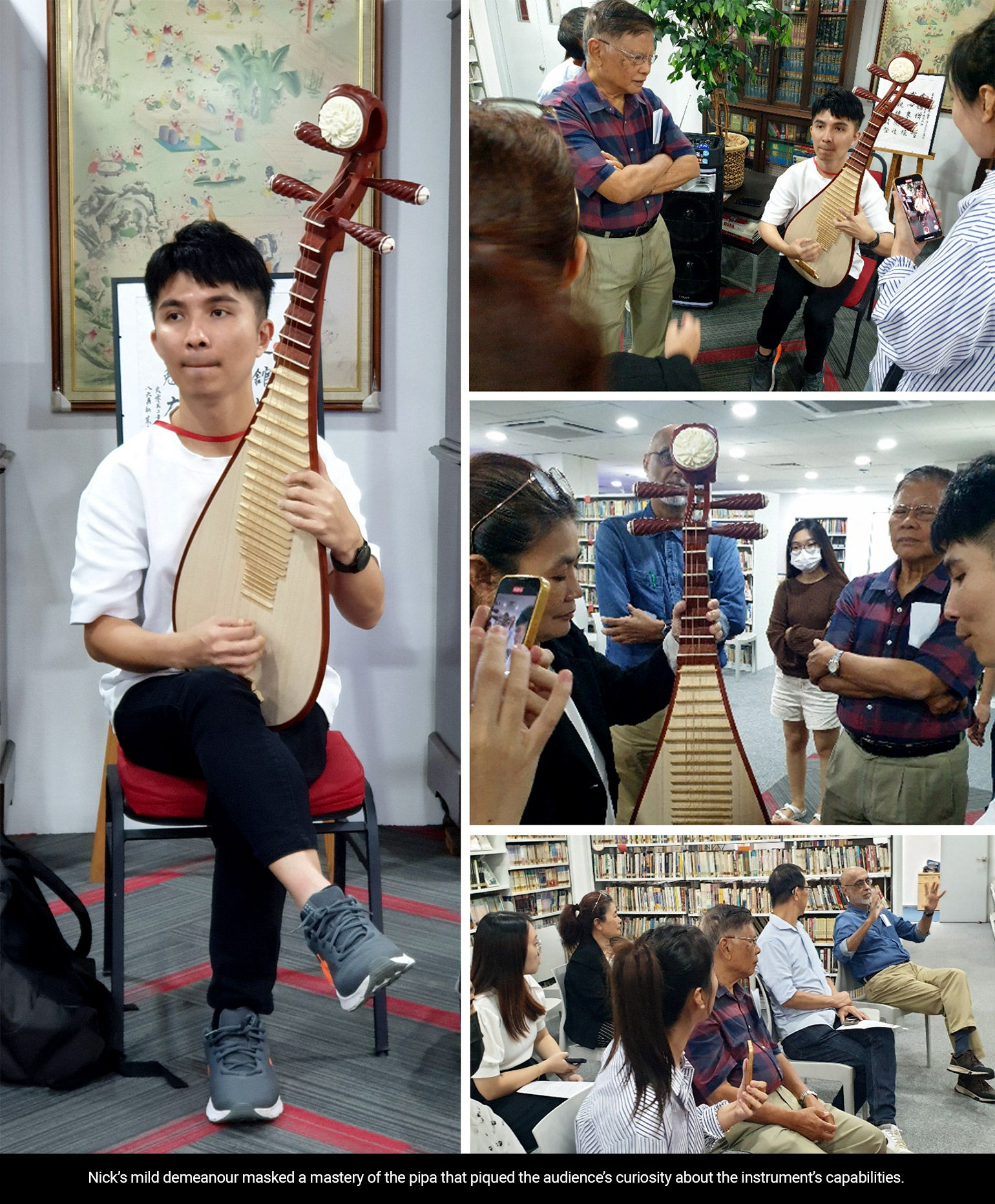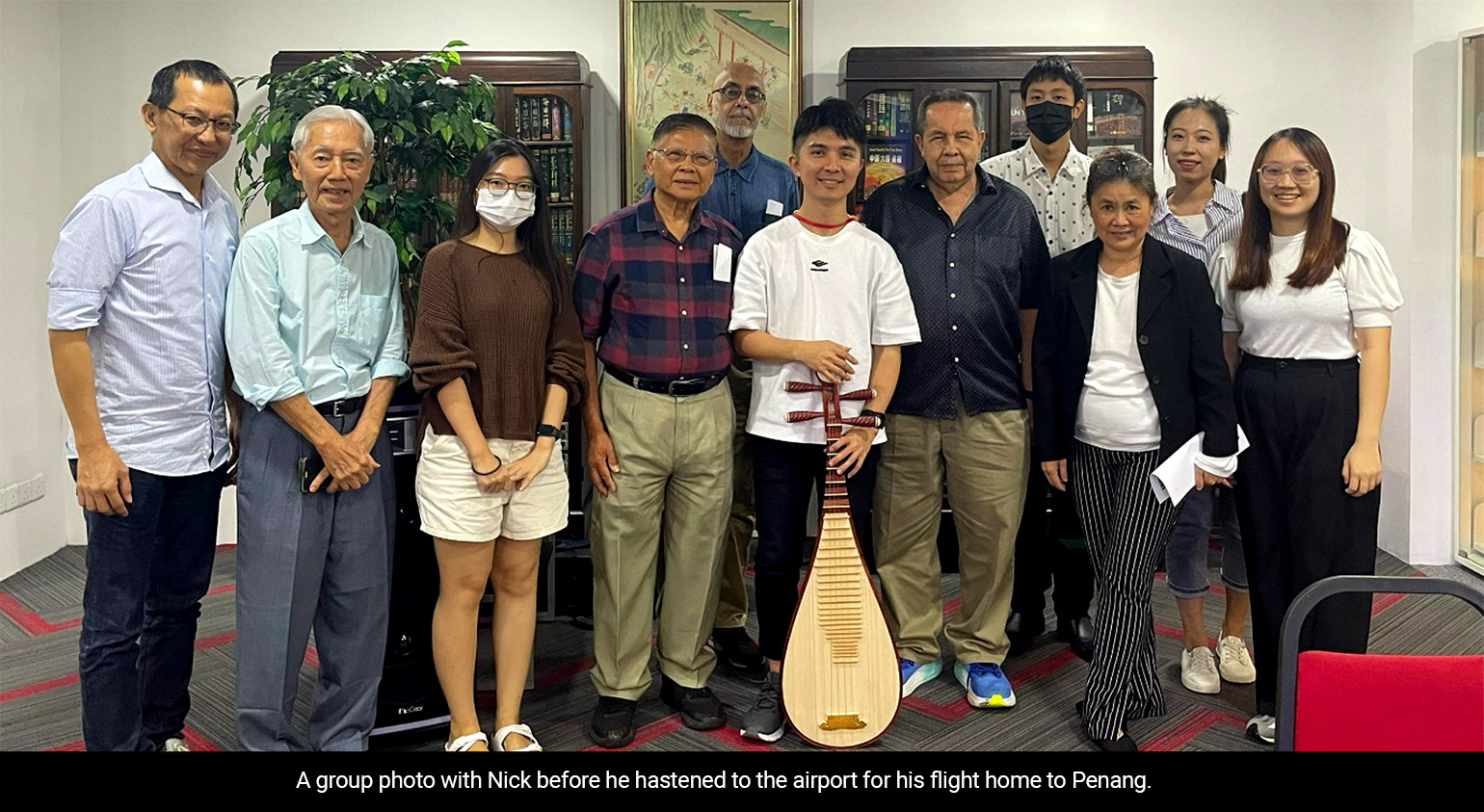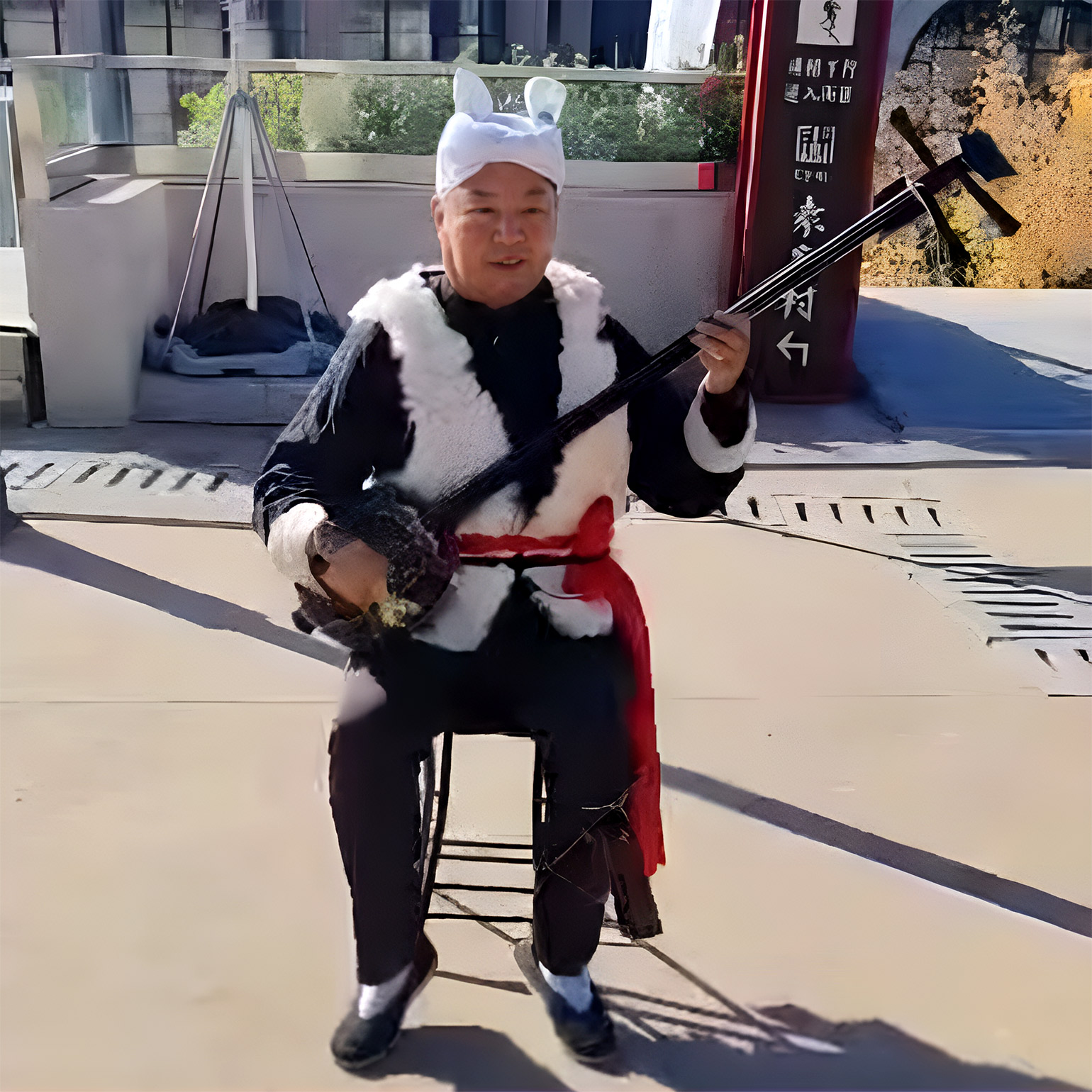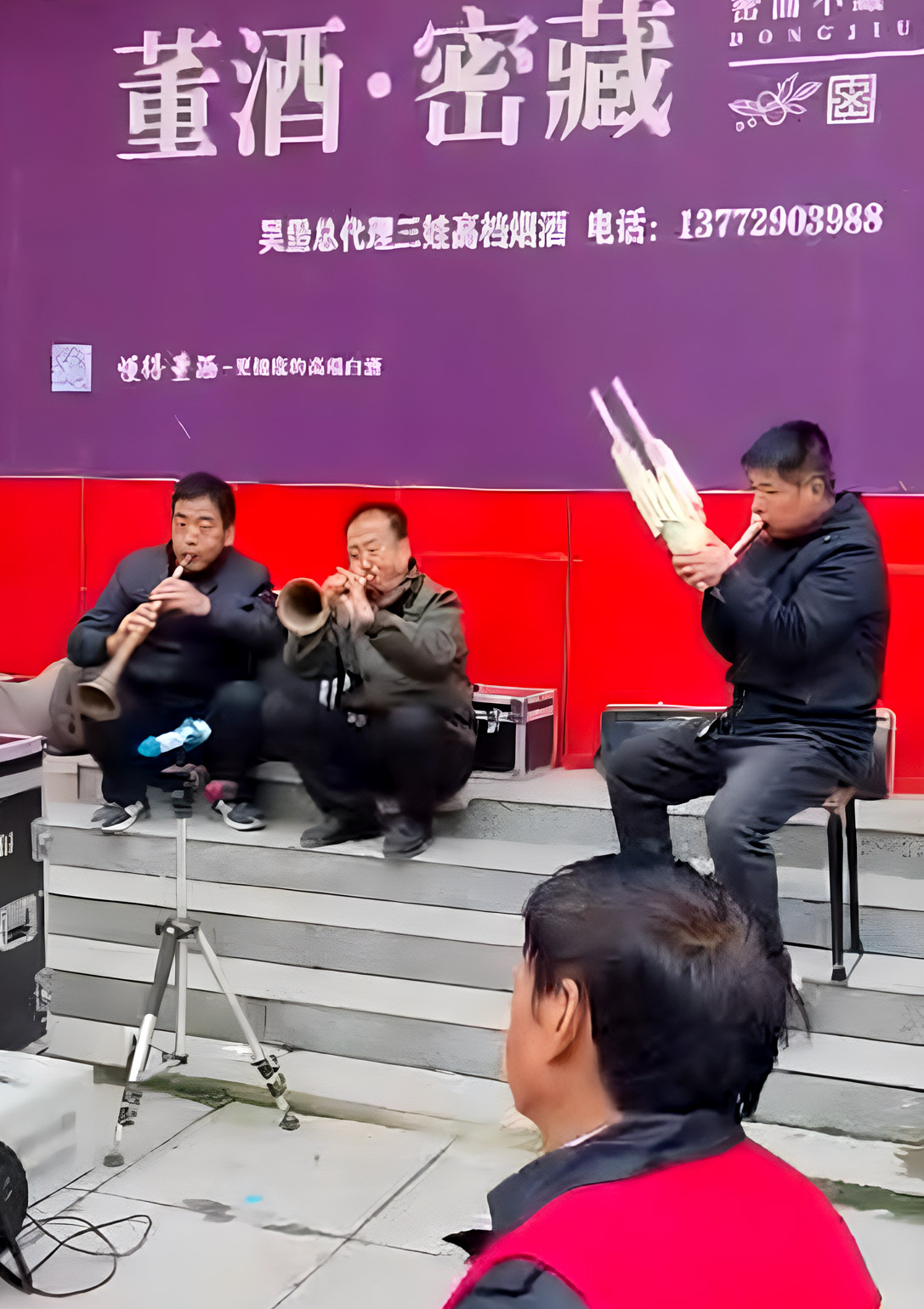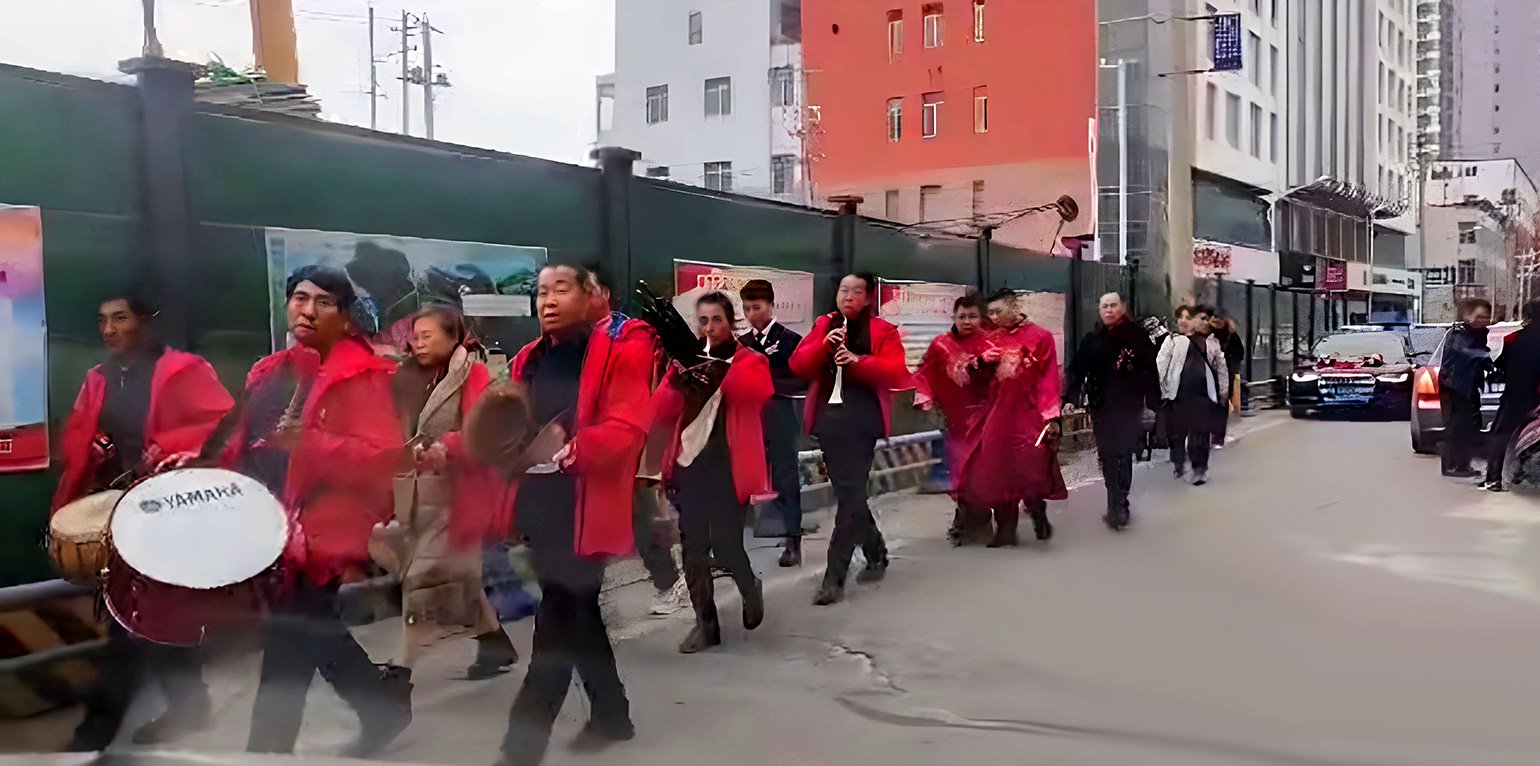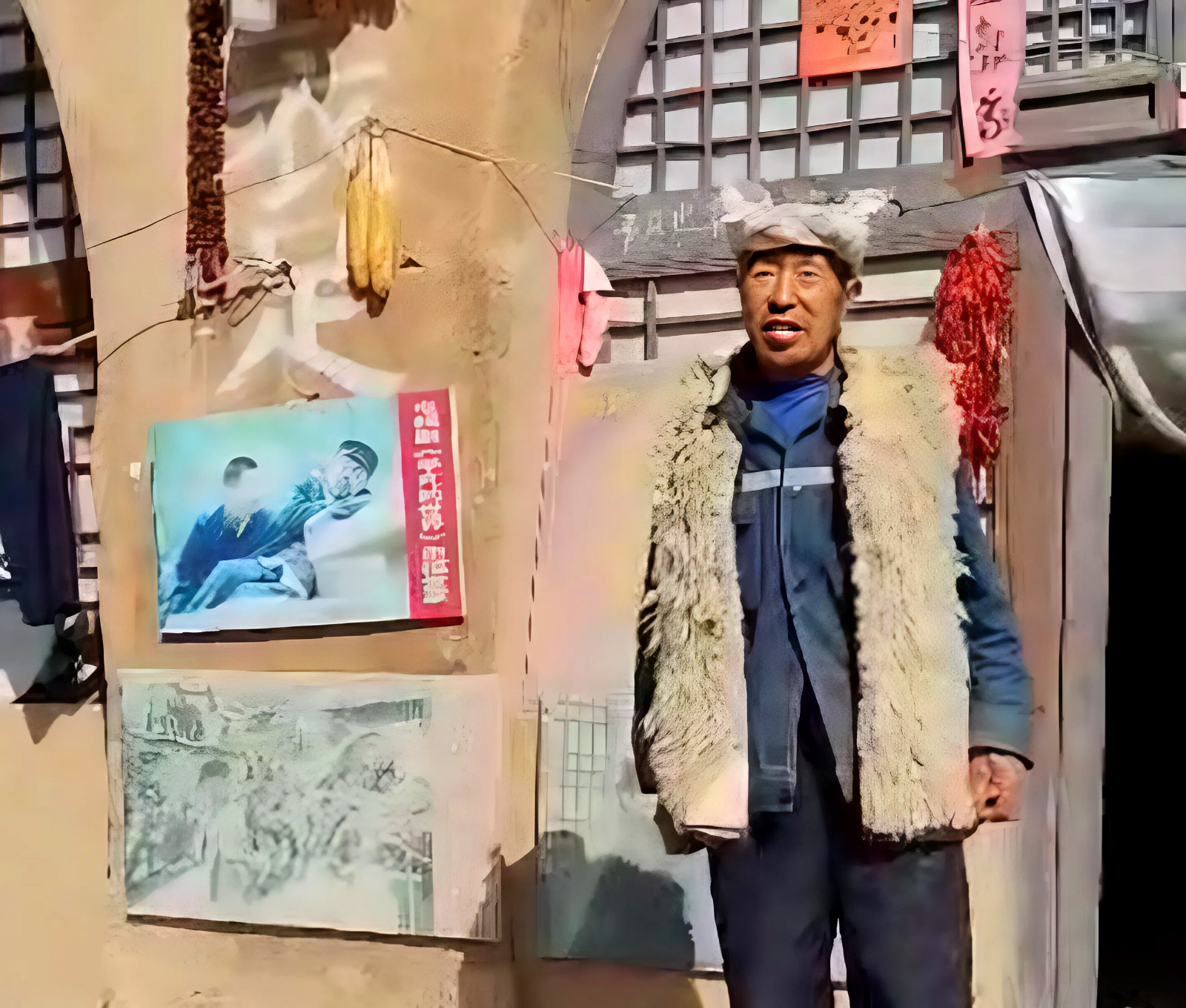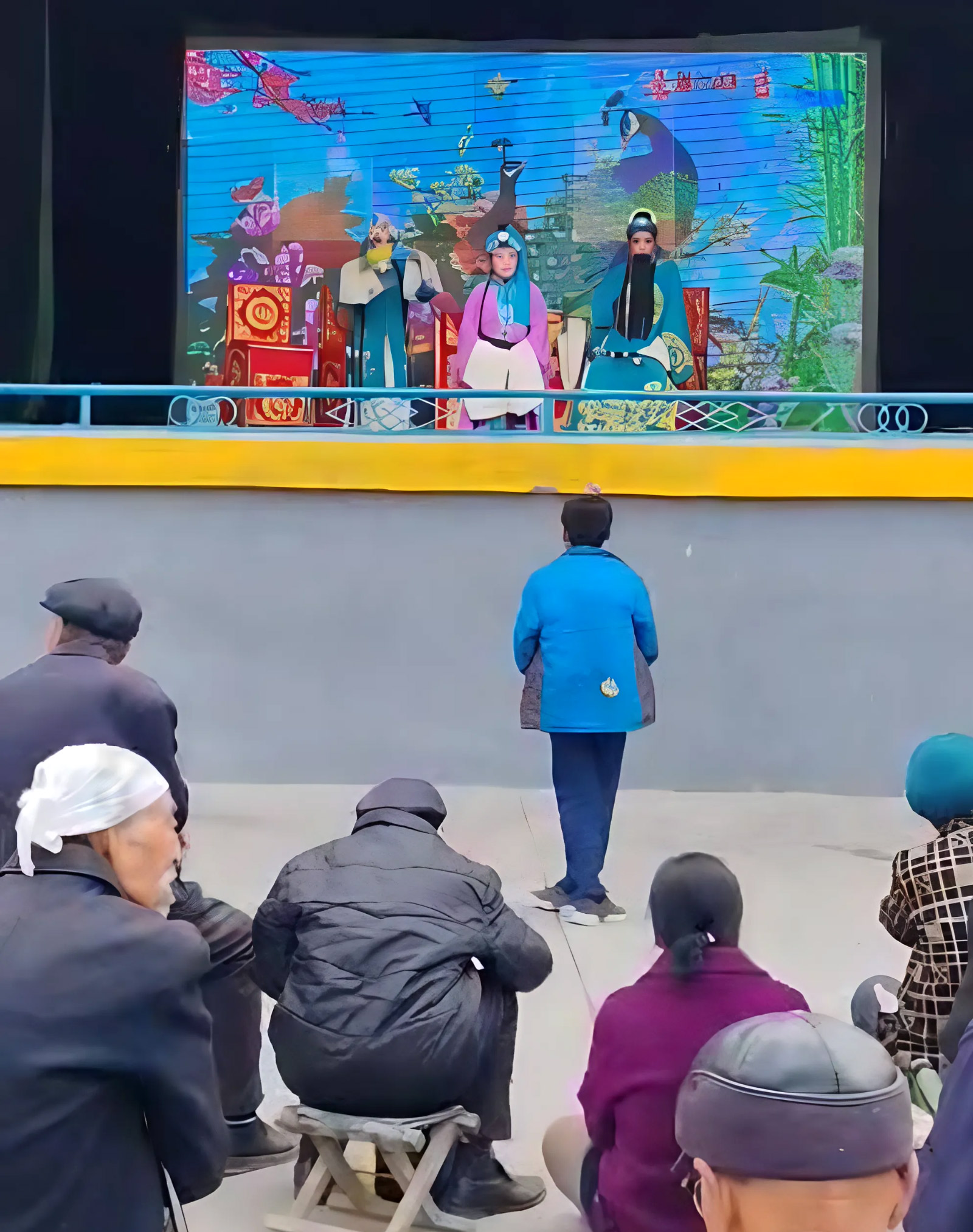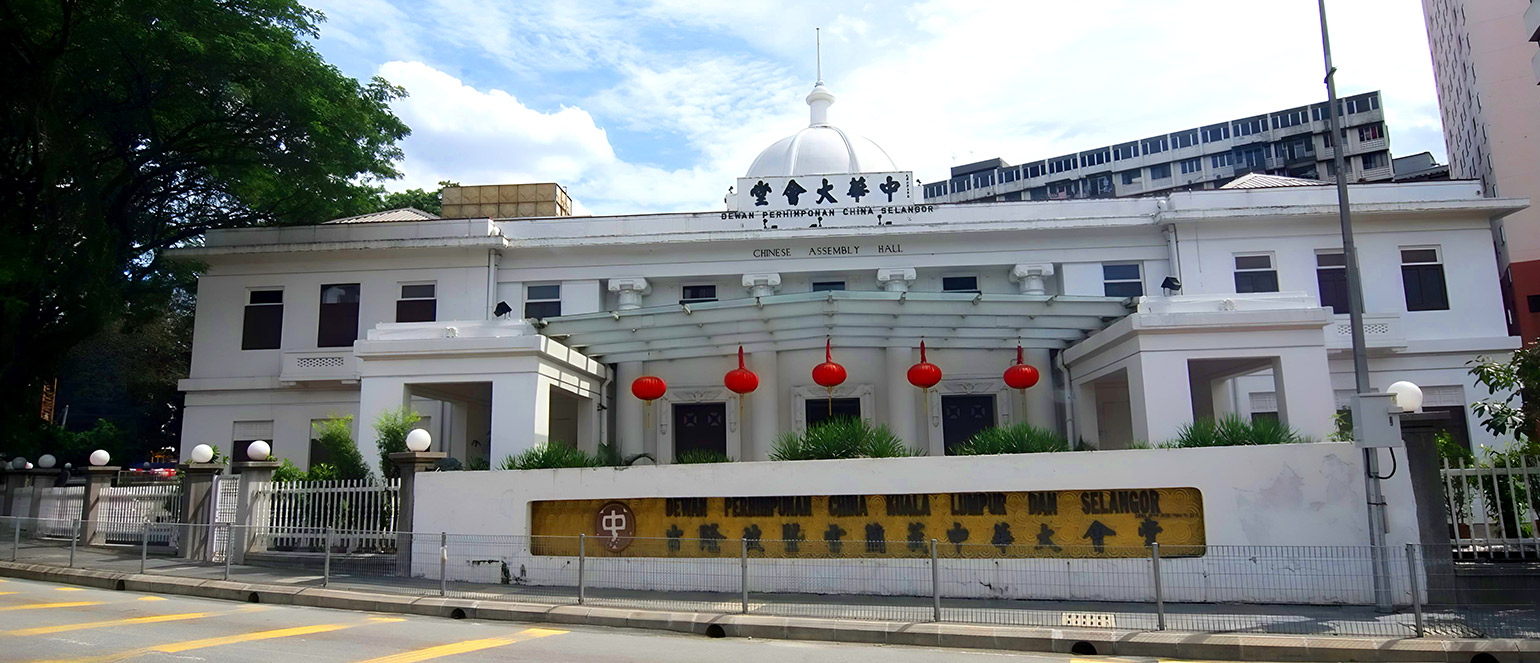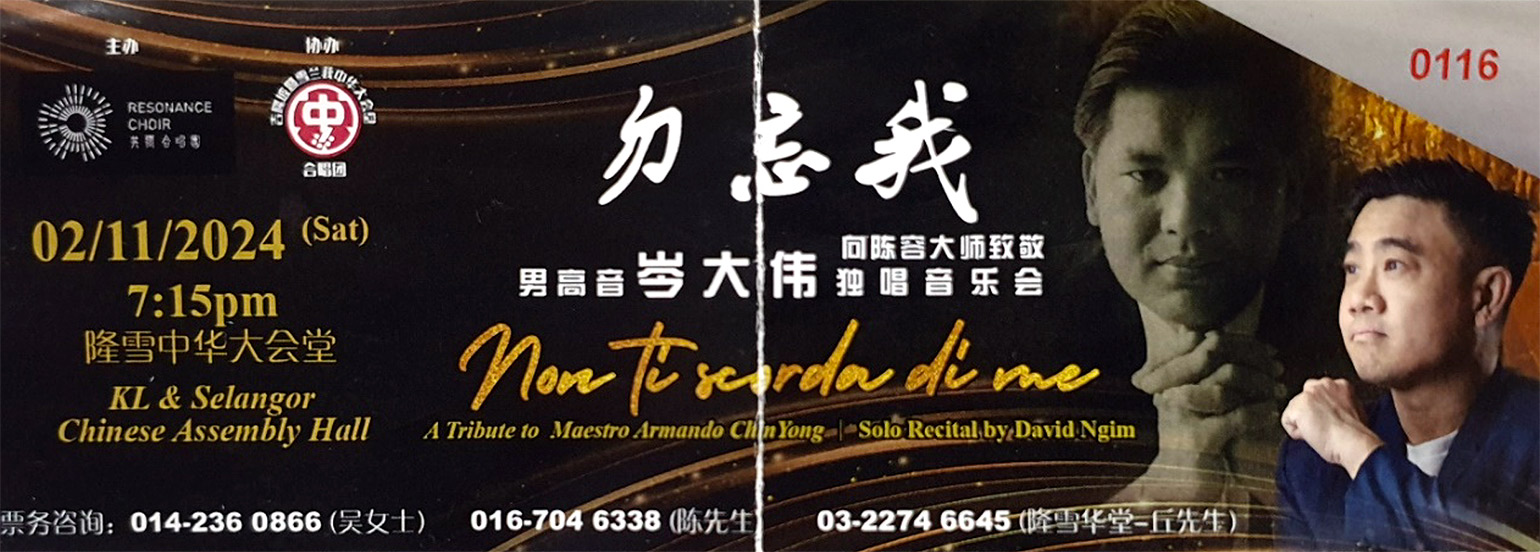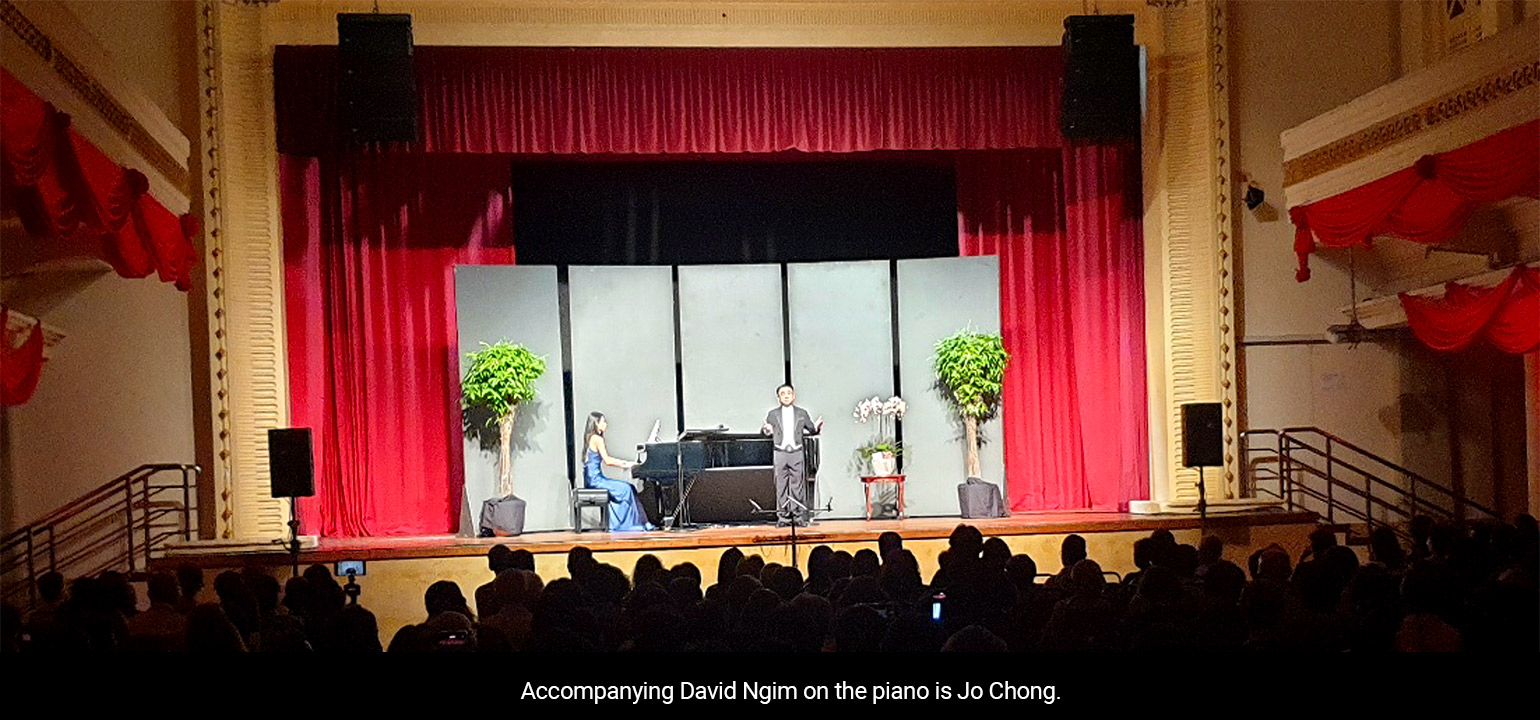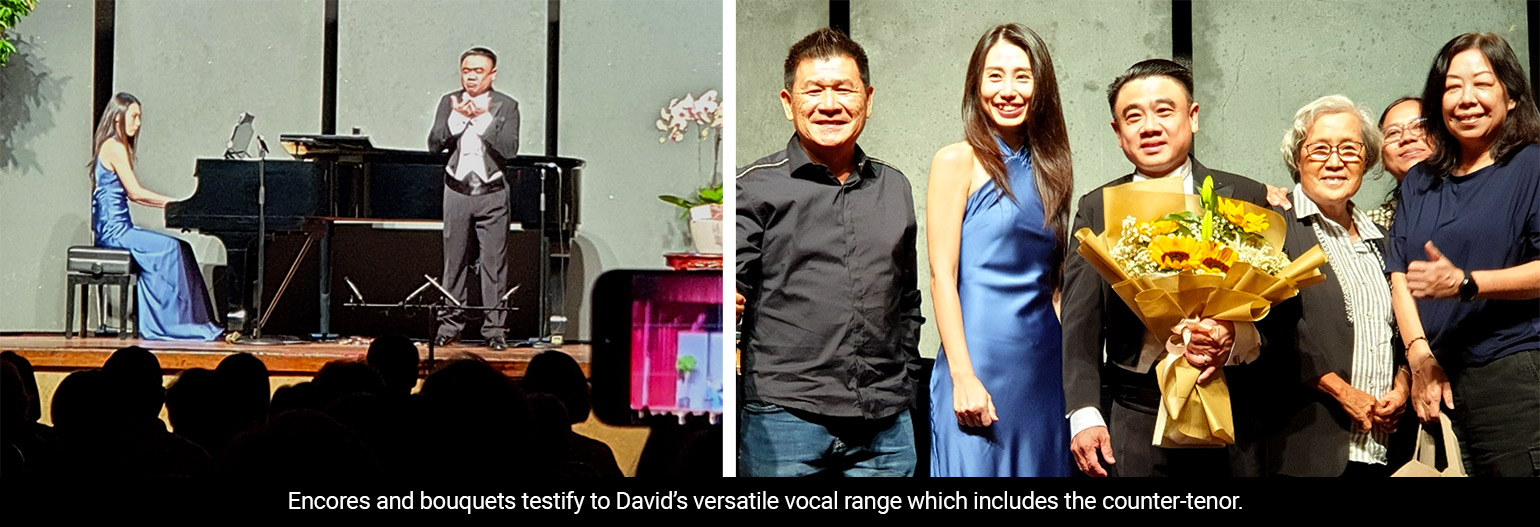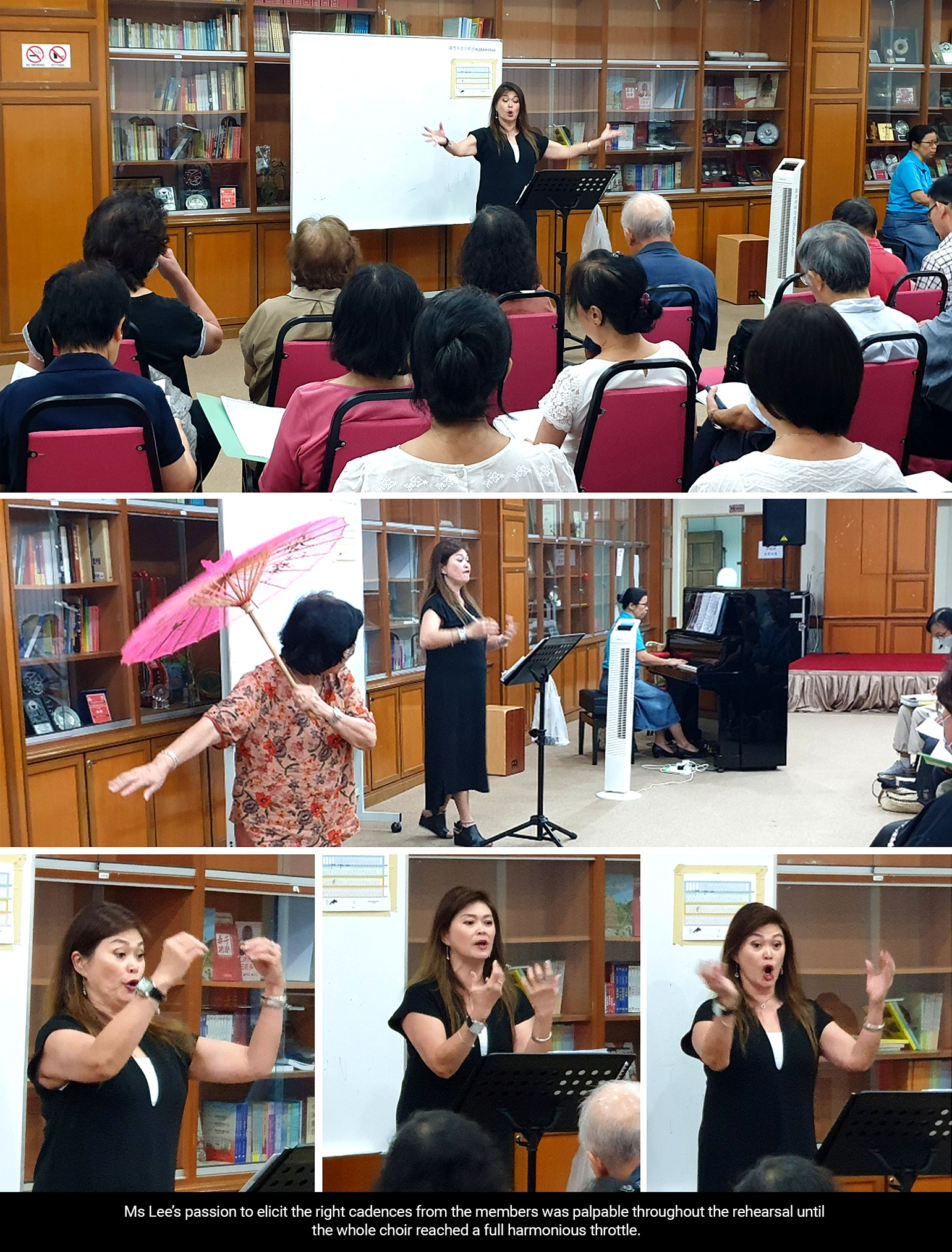Music functions to evoke emotion (elation, sadness, excitement), as social connection, therapy, learning tool, religious expression, marker of social and political change, cultural heritage, and of course entertainment.
But the ancients put a higher premium on music.
For Plato:
“Music is a moral law. It gives a soul to the Universe, wings to the mind, flight to the imagination… It is the essence of order, and leads to all that is good and just and beautiful”.
– emphasising music’s transformative power, with a capacity for touching the human soul, stimulating intellectual growth and unleashing creativity – a moral force to shape character and society, and bring harmony in the well-ordered state.
For Confucius, music is one of three elements in his holistic view of education and self-cultivation as reflected in this quotation:
以诗为引,礼为束,乐为和 (Yi shi wei yin; li wei shu; yue wei he)
(trans: Be aroused by poetry; be disciplined by propriety (etiquette), refine (harmonise) yourself with music.)
(This is not an actual quotation by Confucius but a digest of ideas from his teachings.)
The quotation suggests that poetry, propriety and music are three essential components for cultivating a virtuous and harmonious life:
- Poetry provides inspiration and awakens our emotional and intellectual faculties.
- Propriety guides our actions and behaviour, enabling us to conform to social norms and moral values.
- Music is a moral force with the capacity to shape a virtuous character, bring peace to mind and soul and cultivate inner harmony and emotional balance.
In Confucianism, education and self-cultivation were not just about intellectual learning, but about harmonising and balancing different aspects of one’s life – emotions, behaviour and moral values. These three elements (poetry, propriety, and music) were considered essential to achieving this balance.
Acknowledgments: Mr Lai Sin Siang – Nick Ong – Mayli Lim & Khoo Hock Aun – Foo Hui Ni
References:
Websites: Huazong; Yan’an Theater; KLSCAH
Wikipedia; ChatGPT


